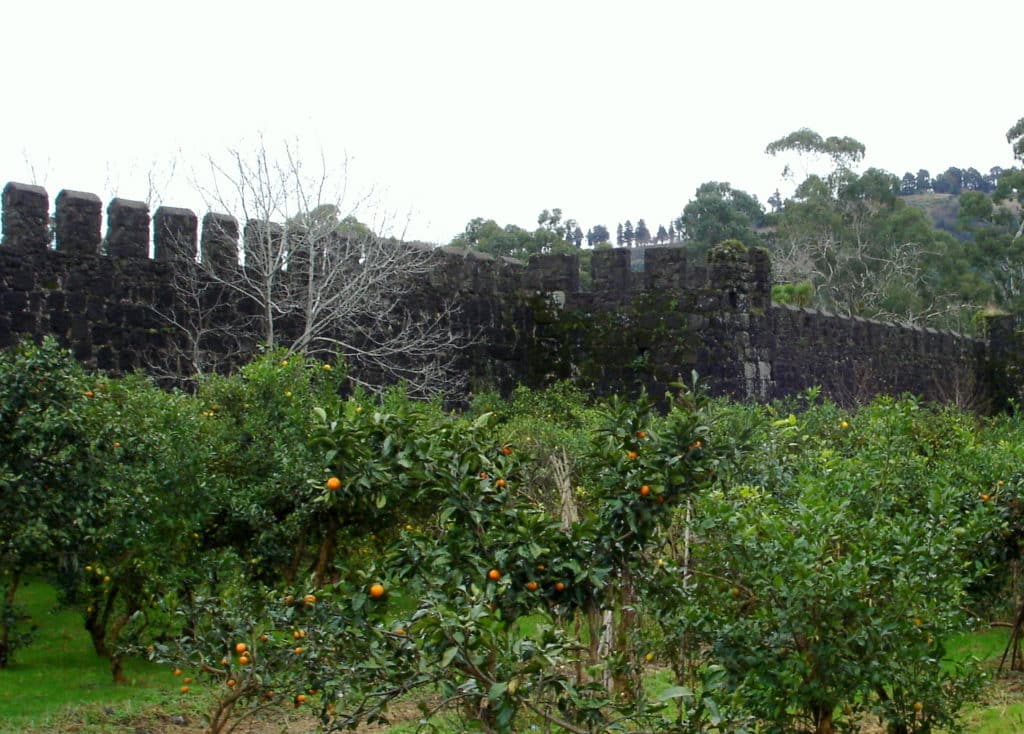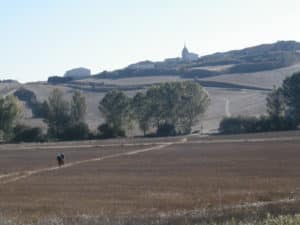By Jett Thomason
A few years back I got the chance to visit the Black Sea coast several miles from the Turkish border in a town called Batumi. Batumi has been a major port since the Russians won the land from the Ottoman Empire in 1877. This was the first port to begin shipping out the Industrial Age petroleum from Baku on the Caspian Sea. The resulting economic boom still defines the city’s architecture, with its crumbling facades resembling Paris much more than Moscow.

The city is hemmed in on two sides by the Black Sea. Since Georgia’s independence from the USSR, petroleum has resumed flowing out to docked European tankers. The city’s prosperity increases markedly as the streets work their way towards the port area, the source of the Batumi’s wealth. Heading in the opposite direction, I rode on a bus to some more distant neighborhoods. The simultaneous backdrop of snow-capped pines on the surrounding hills and the sea lapping on the pebble beach is striking. All the homes in the suburbs have orange groves heavy with fruit. The winter rains swept fruit into the streams and into the ocean, and the ocean swept them in turn onto the high-water point of the stone beaches. Like a dotted orange line, the eye is brought from the washed line of oranges along the Black Sea shore and up through the orchards of the nearby houses.
Getting by with Russian
I was able to get by in Georgia on my grammatically terrible Russian. The Georgian language, however, is very distinct from Russian with a different script in addition to an unrelated linguistic structure. The Georgian alphabet is one of the most beautiful I have ever seen. Curly and bent letters bear absolutely no resemblance to either the Latin or Russian alphabets and traveling here is an experience with illiteracy. Finding addresses demands multiple requests for directions. I had to wait for a sympathetic passerby before entering the correct side of a public restroom.

As a devoted coffee drinker, I was exceedingly pleased to land in a country unconquered by Nescafe’s Instant Empire. Instead, the Georgians take rightful pride in their lovely Turkish-style coffee. The heads of men and women in cafes bounce like oil derricks as everyone sips on the sweet coffee. The head activity is not just the Georgian animated conversation style, but also (as I discovered) the only way to keep the nose clean of the coffee ring around the top of the narrow cups.
Stalin’s Time in Batumi
One of the few tourist sites here is a museum dedicated to Stalin’s short stay in Batumi from 1901 to 1902. It is impossible to enjoy such an experience – akin to a Hitler museum in Vienna – but it is insightful. Stalin, a Georgian, came to Batumi to organize a Communist cell at the end of 1901. As far as I could tell from the museum, this work only contributed to a single demonstration in March of 1902 and a few illegal newsletters.
More interesting than the amateur paintings documenting these episodes from Stalin’s youth is the history of the museum itself. Opened during Stalin’s rule in 1936, the building housing the museum was one of his boarding house residences for a few months. The exhibits include a simple bed where he slept and a rag that was apparently a towel indicative of that which he may or may not have used during his time there. These are displayed as venerably as saintly relics in a Catholic church.

After his death and denouncement in the mid-1950’s, the museum was closed by Soviet authorities. Georgians still regard Stalin as a great leader and an important native of their land. Despite despising their domination by Russia through Czarist and Soviet times, the Georgians re-opened the museum in 1995. The curator and her husband had nothing but warm regard for the native son who was responsible for tens of millions of Soviet deaths.
Stalin’s Legacy in Georgia
After being led through the museum and fending off all my historically provocative questions, the curator asked me to join her and her husband for coffee in their office dominated by a massive portrait of Stalin. I tried to ask them their opinions of this man that the world finds so hideous. But for them, this was ancient history.
As their single visitor of the day, I instead discussed salaries and housing prices in America, sipped coffee, and ate toasted hazelnuts with my hosts. As they sent me off with instructions of how to get to the train station, it was impossible to connect them with any of the evil perpetrated by the namesake of the museum. Instead, Batumi is marked for me by the hospitality, and the coffee, of the Georgian people.




I envy you, you are traveling through Eastern Europe